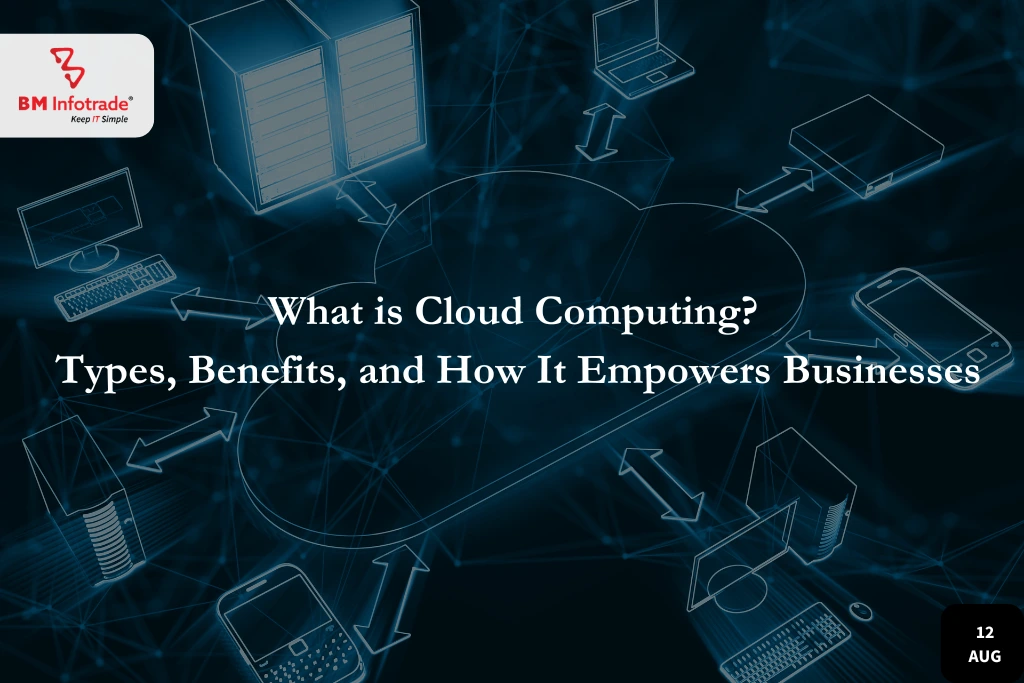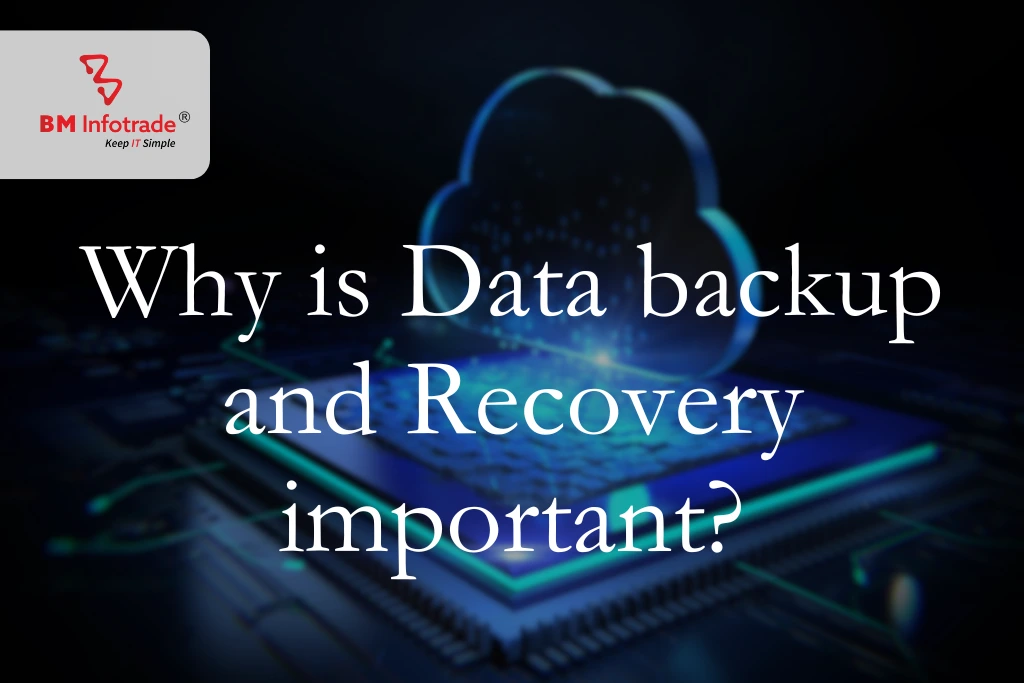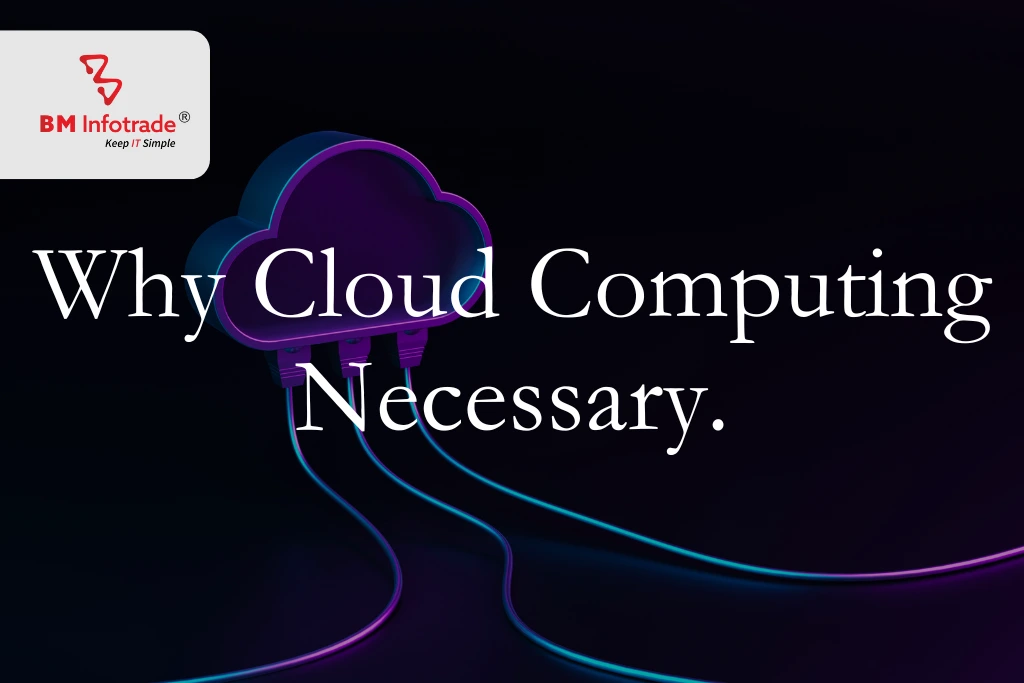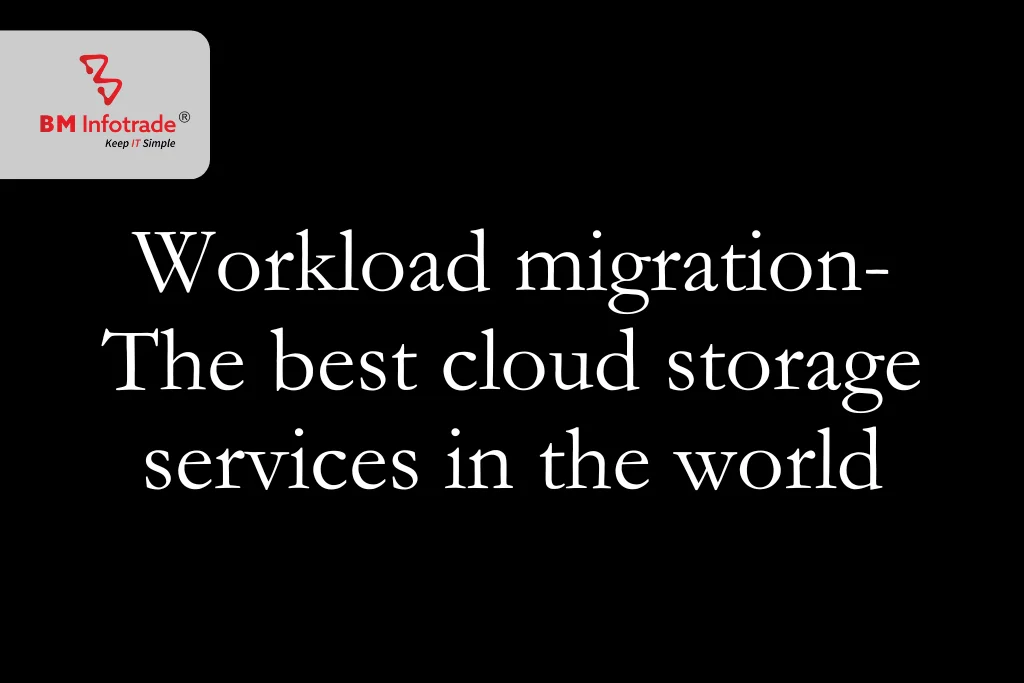Multi cloud management- Keeping storage simple and efficient.
Explore the advantages of multi-cloud management for efficient storage. Find out how to simplify your cloud strategies while maximizing resource utilization.

Multi cloud management- Keeping storage simple and efficient.
Table of Contents
A business can monitor and secure workloads and applications across multiple public clouds thanks to a set of tools and procedures called multi-cloud management. An ideal multi-cloud management solution supports multiple cloud platforms (like AWS and Azure) as well as cutting-edge tools like Kubernetes and enables IT teams to manage multiple clouds from a single interface. Applications and workloads running on multiple public clouds can be monitored and secured using a set of tools and procedures called multi-cloud management.
Today, the majority of businesses make use of multiple public cloud service providers. This lessens reliance on any one vendor, enables the organization to maximize cloud usage and costs, and lets it benefit from each provider's relative strengths. However, managing them becomes more difficult the more cloud providers a company uses. Aiming to streamline and simplify management through the use of multiple clouds, multi-cloud management strategies
For enabling multi-cloud management, key technologies include containers and kubernetes. Developers can create applications that can be deployed on any cloud more easily thanks to containers, which combine apps with their dependencies and necessary services in a lightweight package. Following that, Kubernetes enables efficient management, deployment, and automation of those containers.
In order to give developers the freedom to select the best cloud environment for their applications, multi-cloud management solutions frequently enable self-service access to resources. In addition to business continuity/disaster recovery solutions, some solutions offer migration capabilities.
What advantages do multiple cloud management strategies offer?
The following are just a few advantages of a strong multi-cloud management platform:
- Less stress on IT teams: A multi-cloud management solution enables IT teams to manage applications and workloads more successfully across various clouds by providing centralized, simplified management.
- Visibility: In a complex environment that spans multiple cloud providers, it is challenging to monitor workloads and understand what is running where. This is because multi-cloud management is necessary to achieve this. Businesses can benefit from multi-cloud by using a good multi-cloud management solution that provides visibility across the entire multi-cloud environment.
- Security: It can be difficult to maintain uniform security policies across cloud providers, and multi-cloud complexity can result in security flaws and a wider attack surface. IT teams can deal with potential security issues proactively rather than reactively by using a managed approach. Additionally, security monitoring, automation, and the ability to enforce security policies across platforms are all features that the best multi-cloud management platforms provide, which significantly eases the difficulty of maintaining your environment's security.
- Cost management: While many companies use a multi-cloud strategy to benefit from discounts and cost savings provided by various cloud providers, it's simple to lose track of costs in the more complex environment created by a multi-cloud setup. Your company can monitor costs and usage with the aid of multi-cloud management.
- Greater availability: When companies adopt a multi-cloud strategy, increased availability is just one of the many benefits they seek. However, for IT teams to fully take advantage of multi-cloud, they must be able to duplicate and smoothly migrate workloads when one environment fails. That is made possible by multi-cloud management that is effective.

Read More: Cloud architecture: Workload on the cloud
Characteristics to take into account when selecting a multi-cloud management platform
Provisioning of services
On-demand cloud services should be launched and distributed by the platform. Additionally, it's crucial that the tool converts a provisioning request coming from the console or an API into the cloud-native API of the target cloud within the multi-cloud architecture. This will make it possible for the users to benefit from your application's best features.
Service tracking
A CMP should be able to gauge and depict the network-layer and application performance differences between hybrid cloud, private cloud, and public cloud services. It includes disclosing incidents to assess the usefulness and dependability of that service in the future, cost metrics, etc. This is a crucial feature for a company to comprehend in order to use different cloud services.

Service effectiveness
The capability to track service performance and then log the resulting information is a crucial feature. Services that don't perform well may be blacklisted until the problems are fixed. Understanding how to better prioritize your services will be greatly aided by this.
Service regulation/policy
The ability to create and use policies that govern how a service or series of services are used and carried out. This function will inform you of a cloud service's capabilities and the applications that work best with it. The many services in your multi-cloud environment are therefore audited as part of service governance.
Service coordination
The capacity to coordinate a cloud service to accommodate the requirements of a key business application or business process. For instance, different services are needed to deploy trading applications and e-commerce applications. Choosing a CMP that provides exceptional services in particular areas is crucial.
Conclusion. For businesses, multi-cloud computing has many benefits that help them meet their current business needs. These benefits include improved disaster recovery, access to best-in-class services and technologies, and budget optimization for IT.
Read More: What is containerization in cloud computing?







Anshul Goyal
Group BDM at B M Infotrade | 11+ years Experience | Business Consultancy | Providing solutions in Cyber Security, Data Analytics, Cloud Computing, Digitization, Data and AI | IT Sales Leader